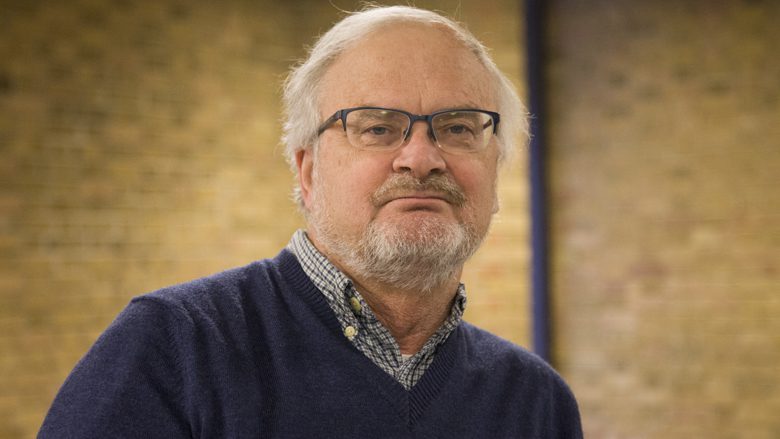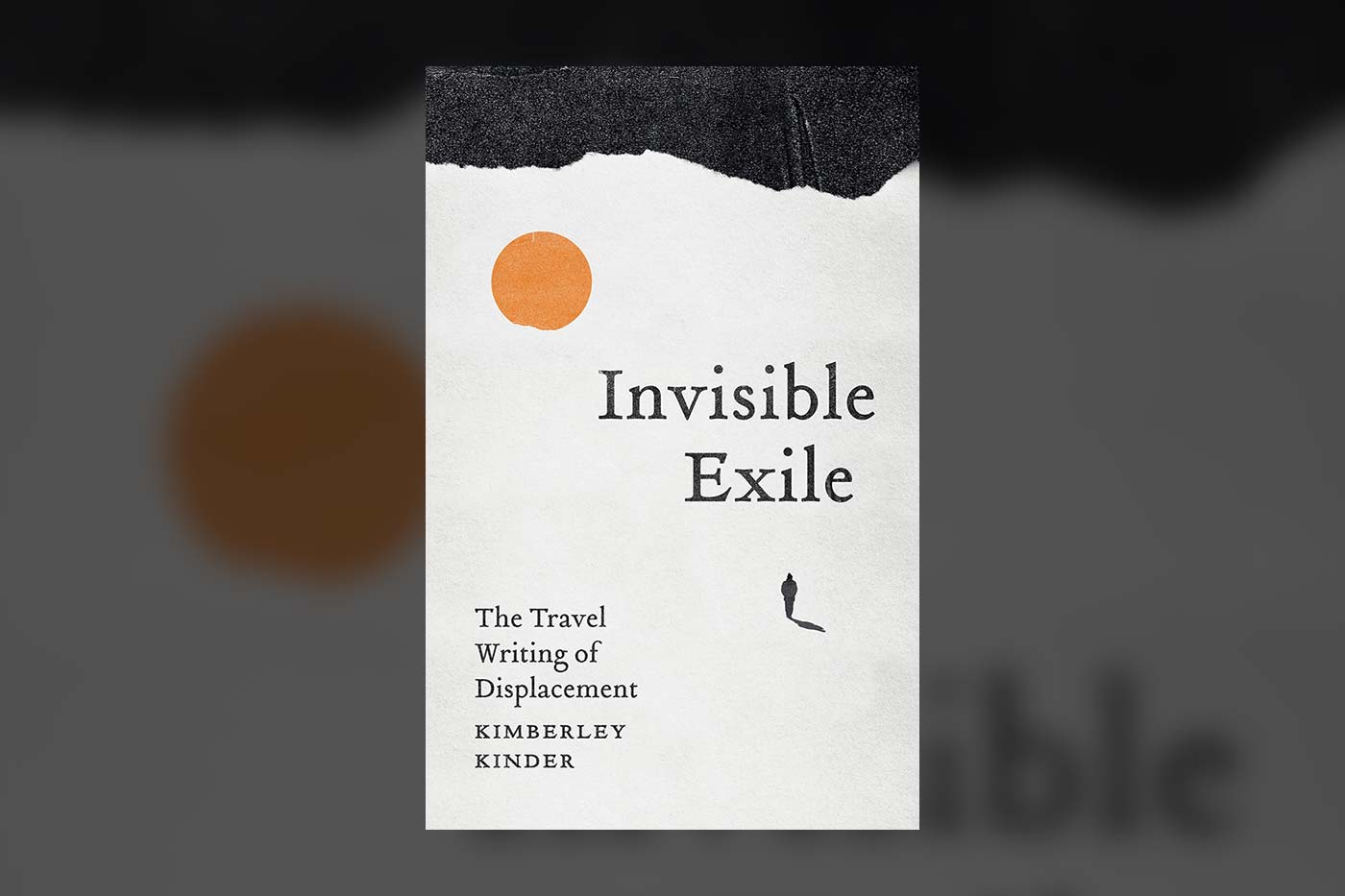
Professor Murray Receives 2025 Guggenheim Fellowship
Two University of Michigan scholars have received the prestigious 2025 Guggenheim Fellowships for their distinguished achievements and exceptional promise for future accomplishment.
Professors Benjamin Brose and Martin Murray were among 198 individuals from the United States and Canada working across 53 disciplines appointed for the 100th class of fellows, the John Simon Guggenheim Memorial Foundation has announced. “We believe that these creative thinkers can take on the challenges we all face today and guide our society towards a better and more hopeful future,” said Edward Hirsch, president of the Guggenheim Foundation.
Murray is a professor of urban planning at Taubman College and focuses on global urbanism and Johannesburg in particular. He is also an adjunct professor in the Department of Afroamerican and African studies and professor of sociology in LSA.
Murray’s current research engages the fields of urban studies and planning, global urbanism, cultural geography, distressed urbanism, development, historical sociology and African studies.
Specifically, he focuses on two fields of inquiry: the trajectories of global urbanism at the start of the 21st century, and the turn toward master-planned, holistically designed “private cities” built from scratch, especially those currently under construction or in the planning stages in urban Africa.
“My thoughts about becoming a Guggenheim Fellow? I am quite honored,” Murray said. “I have spent a long academic career doing what I love to do and what I am drawn to do — exploring squatted apartment blocks in Johannesburg, driving around with the police on night patrols, tramping through informal settlements in Nairobi and Maputo, or trying to make sense of the straitened economic circumstances in Detroit.
“I have gained a great deal of personal satisfaction with exploring out-of-the-way places and the people who inhabit them. It is an honor that the Guggenheim Fellowship people have considered what I am doing worthy of recognition.”
Murray’s fellowship project is to continue research and writing on what happens to leftover spaces after abandonment in deindustrializing Detroit. With colleagues Maria Arquero de Alarcon and Olaia Chivite, he began several years ago to investigate five distressed neighborhoods in Detroit.
These neighborhoods are characterized by high levels of vacancy, abandonment, foreclosures, population shrinkage, a severely restricted market for housing and diminished municipal services.
“In this Guggenheim project, I am trying to make sense of the historical specificity of urban decline and abandonment in Detroit, a city that began unraveling after the ‘boom years’ of the 1950s,” Murray said.
The fellows were chosen through a rigorous application and peer review process from a pool of nearly 3,500 applicants. Each fellow receives a monetary stipend to pursue independent work at the highest level under “the freest possible conditions.”
Since its founding in 1925, the Guggenheim Foundation has awarded over $400 million in fellowships to more than 19,000 fellows.
Story from following article:
Two U-M professors chosen for Guggenheim Fellowships
By Jared Wadley
Michigan News









